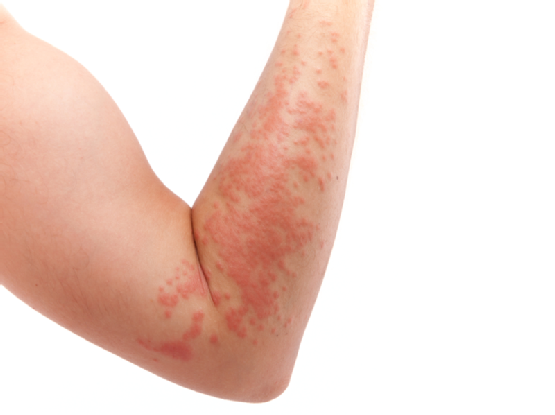Psoriasis Diagnosis

A psoriasis diagnosis is considerably more common than you may think, and the amazing thing is that many people don’t even know they have psoriasis. The Psoriasis Program contains a large amount of high quality information relating to many areas concerning psoriasis and you will find plenty of self-help information. In addition to the Psoriasis Program, you may well already have done online research or maybe have been diagnosed by your doctor or dermatologist to find out for sure. But what do you do once you get that diagnosis? Do you panic? Let’s assume that the diagnosis for psoriasis has been confirmed, what is the next step and what are you options?
Article of interest:
Look For The Cause Of Your Psoriasis
I always recommend that the very first thing you do is try to establish the actual cause or causes of your psoriasis are. If you are in a position to determine what helps to bring on the outbreaks you may be able to stop the frequency of the attacks. Figuring out the cause can be a real problem though, because there is no one trigger of psoriasis, there are many and they can all vary from person to person. Psoriasis outbreaks can be caused by genetics, which is hard to prevent, stress, the food we eat, or the weather.
More Info: Read the book “What Is Psoriasis” to determine if there are any likely triggers you may be experiencing in your life right now, this book is part of The Psoriasis Program.
The Psoriasis Program
If you have bought The Psoriasis Program, you will be reading all about the three following conditions that you must rule-out and work on if you have psoriasis. You will discover that these three conditions are explained in great detail in my Psoriasis Program booklets, but bear this in mind – they are the big three.
Keep A Daily Log
When you first get the psoriasis diagnosis, it’s a good idea to start keeping a log of your daily activities. It can be a time-consuming process at first, but in the long run it will really pay off and will only take several minutes of your day at the most. Writing down your daily activities as well as when the outbreaks happen, can give you a good idea of what your maintaining triggers are. Over time, you will become very good at discovering what your triggers are and can then take the right steps to avoid them.After self-analysis for a year or two, you will be expert in the cause and effect of your psoriasis triggers and will have noticed a major reduction in flare-ups.
The more you analyze you diet and lifestyle and develop that ‘sixth sense’, the more likely you will come up with answers. I have always found that when a patient with psoriasis takes the time to carefully examine their diet and lifestyle, they will invariably find one or several causes, and when these are corrected, the severity and duration of attacks of very much reduced, sometimes to the point where psoriasis is hardly noticeable.
More Info: Read the book: “Psoriasis and Understanding the Lifestyle” to determine the relationship between how you are living and how it can reflect in your psoriasis. This book is part of The Psoriasis Program.
